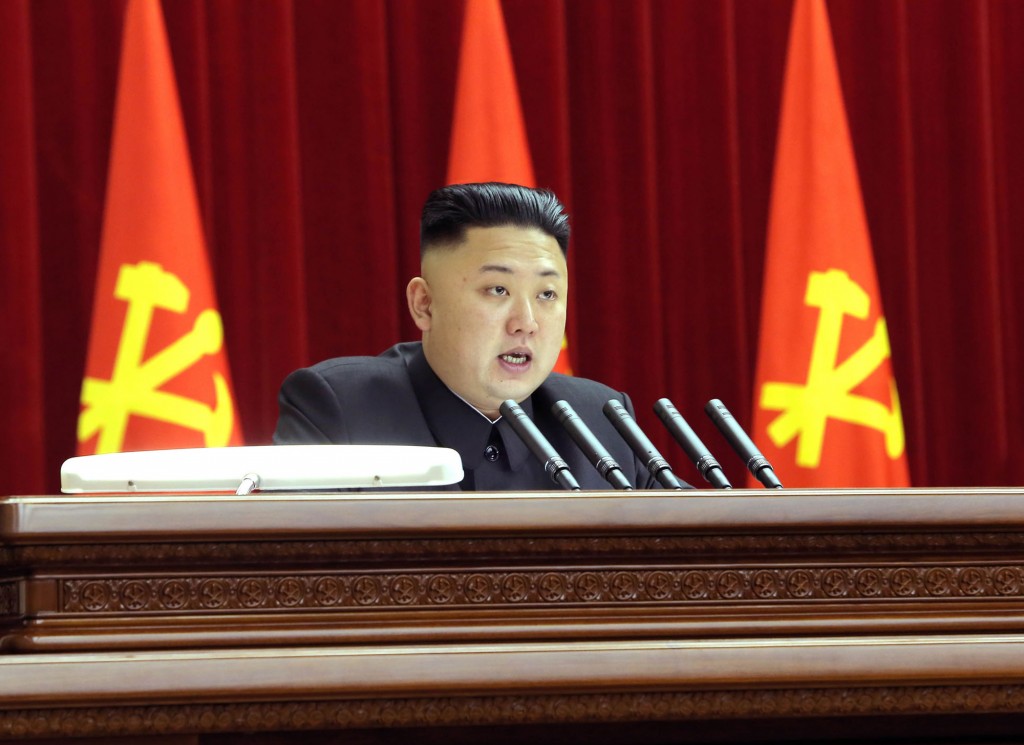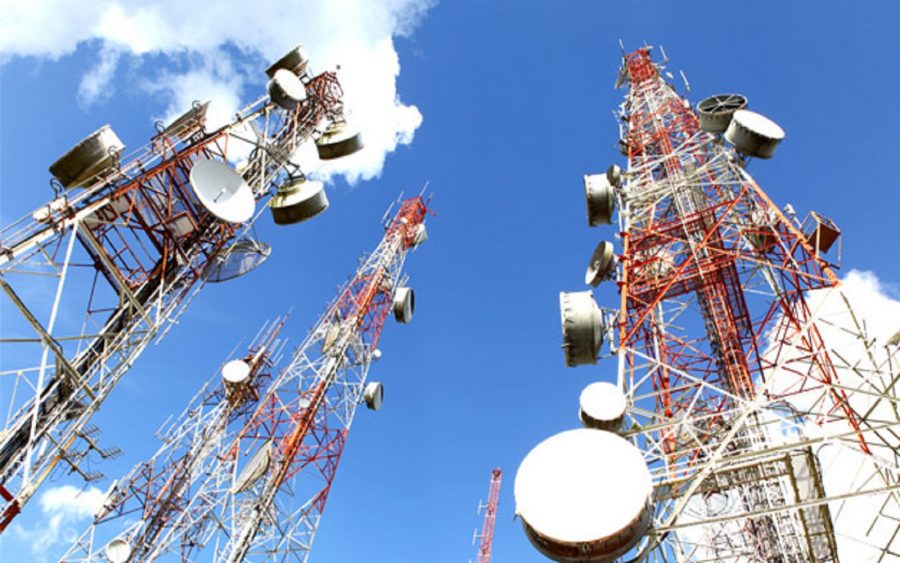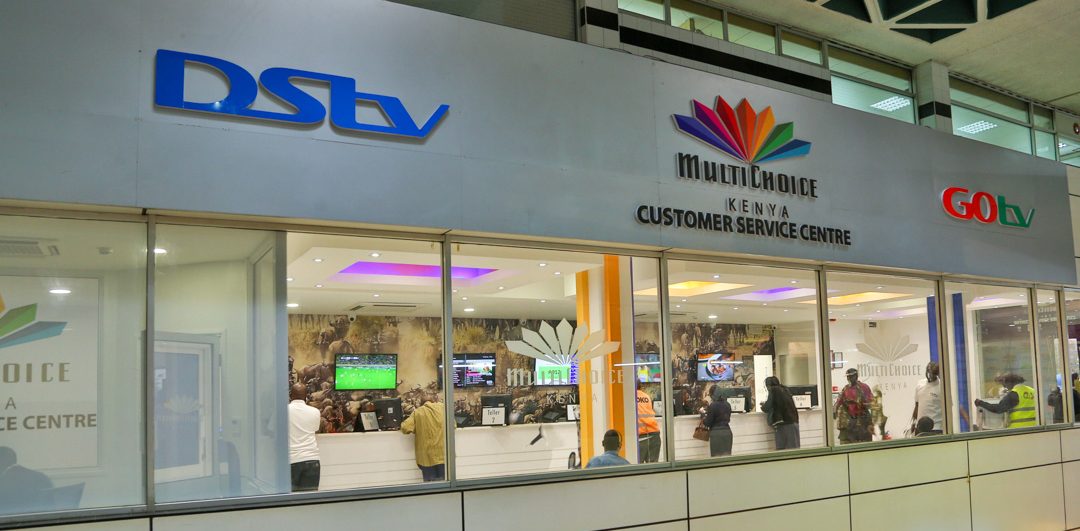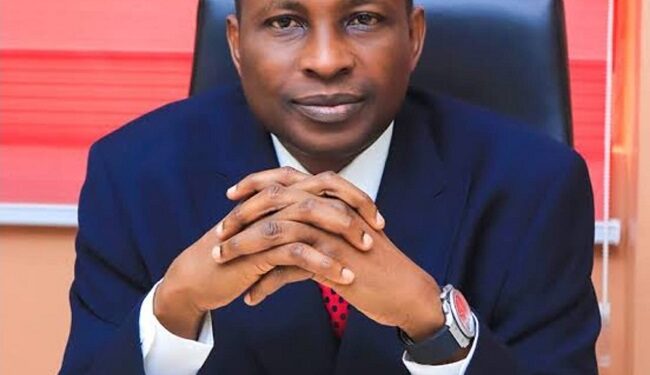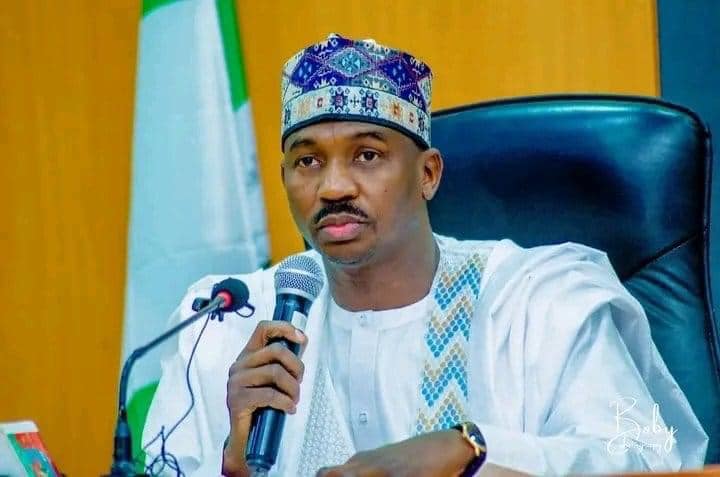North Korean President, Kim Jong Un has described Nigeria and Ghana as the backbone of Africa, according to him, “they have all the natural resources in abundance to make them the most important and sought-after countries in the world but corruption is a major problem and a curse to them”.
“Give me just a year and I will transform these two countries into first class countries that will attract businesses all over the world.
Nigeria should give in; Ghana should give in and let us colonize them for the second time so they will eventually learn how to run a country.
These two countries are on a mission of proving to the whites that blacks are only good at crimes and having the power of having long-lasting sex.
Sit up Africa, Sit up Ghana and sit up Nigeria or just sell the countries to us” North Korean President Kim Jong Un on world business.
Nigerian economy appeared to have shifted into a higher gear in the third quarter following a slowdown in the second quarter.
Incoming data, however, signals that growth cooled again at the beginning of the fourth quarter. According to the Ministry of Petroleum, oil output fell in October due to an escalation of sabotage attacks on oil production facilities.
In addition, the PMI dipped to a 16-month low in October as both growth in output and new orders lost momentum in the surveyed month. In the political arena, Nigeria’s two key parties—the All Progressives Congress (APC) and the People’s Democratic Party (PDP)— confirmed their candidates for the 2019 presidential election.
President Muhammadu Buhari, who has been criticized for his economic policies—particularly over the mismanagement of the FX market and the rise in unemployment—will lead the APC against the PDP’s Atiku Abubakar, who is pitching himself as the pro-business candidate in February’s general election.
As in many West African countries, Ghana’s economy is strongly correlated with global commodities. Oil, gold, and cocoa are the three main sources of foreign currency and income; however, price swings over 2015 and 2016 for these three resources, a strengthening US dollar, as well as domestic issues such as fiscal slippage, growing debt, and mounting inflation have combined to slow the pace of development, leading to a depreciating currency and a budget shortfall. Despite this, Ghana’s economic prospects for 2018 appear strong.
Following a belt-tightening process, the government has both brought down the problematic fiscal deficit and channeled capital spending towards priority projects by capping budget transfers to statutory funds.
The government also has plans to industrialize rural regions, improve the business environment, harness the financial sector and improve access to credit for private actors.
The question that demands answer is: are Nigerian and Ghanaian economies ready for 21st-century colonization?










